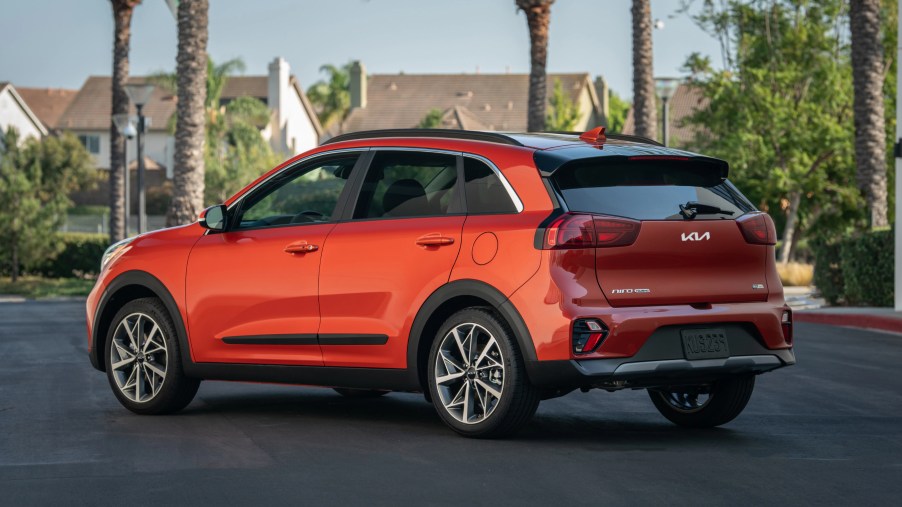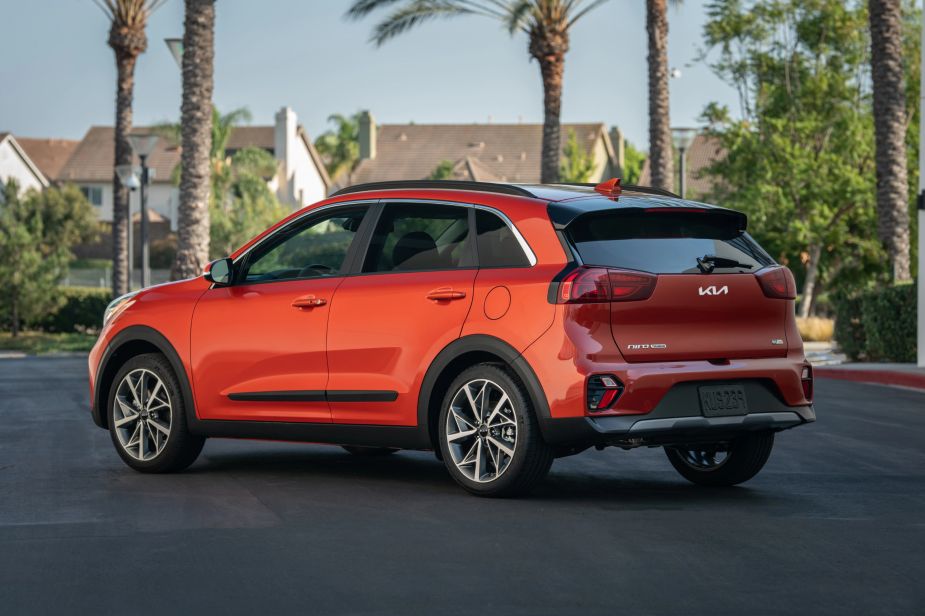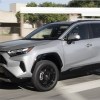
Just How Environmentally Friendly Is Electric SUV Manufacturing?
Electric SUVs are becoming more and more popular. Not only are car manufacturers producing more of them than ever, consumers are buying them up. That’s because they’re becoming increasingly stylish, they’re economical, and they’re easier to charge than ever. Yet they aren’t perfect, and there’s still a long road ahead of EVs being the only vehicles on the roads. So just how environmentally are electric SUVs right now, and is it easier on the earth to make them than internal combustion engine (ICE) vehicles? Let’s take a look.

Is electric SUV manufacturing worse than gas-powered vehicles?
Some people think that electric vehicles are actually worse for the environment than typical ICE cars, but that isn’t true. It is true that manufacturing an electric SUV takes more energy than an ICE vehicle, according to the EPA, but overall, the electric vehicle is still more environmentally-friendly. That’s because “total greenhouse gas (GHG) emissions associated with manufacturing, charging, and driving an EV are typically lower than the total GHGs associated with a gasoline car.”
So how is it that electric SUVs, cars, and trucks tend to be better for the earth than gas-powered vehicles, even though EVs use more energy during the manufacturing process? It’s because the electric vehicles don’t have a tailpipe and “are typically responsible for significantly fewer GHGs,” which are greenhouse gases, while running.
Is charging electric vehicles worse for the environment than ICE cars?
Okay, so ICE vehicles have the advantage during the manufacturing process but EVs outweigh that with their lack of greenhouse gases during operation. What about while charging electric vehicles? Surely there must be some damage to the planet there.
The answer is that there can be, and with our current power structure, there often is some. The amount depends on how the energy to charge the vehicle is made. Coal and natural gas create carbon pollution, while solar and wind power don’t. Yet even though coal and natural gas make carbon pollution, “research shows that an EV is typically responsible for lower levels of greenhouse gases (GHGs) than an average new gasoline car.” And, if your EV is charged via solar or wind power, it’s even more earth-friendly.
Electric Vehicles are becoming more popular than ever
Electric SUVs, cars, and trucks are becoming increasingly popular. Even auto manufacturers like Ford are putting out electric versions of their best-selling vehicles, like the Ford F-150 Lightning. Some of EV’s popularity is thanks to the cost of charging them.
Gas prices right now are high, and while charging an electric SUV isn’t typically free, it’s generally cheaper than filling up a gas tank. In fact, it’s usually a lot cheaper, even when gas prices aren’t high. Some electric automakers are including free charging for a period of time after purchase, such as three years, which is an added incentive.
If you’re looking at electric SUVs, you have a lot of options. And if you’re on the fence because you’re worried that buying an electric SUV isn’t really environmentally-friendly, don’t worry, it is. It’s also likely to be the future of the automobile.


